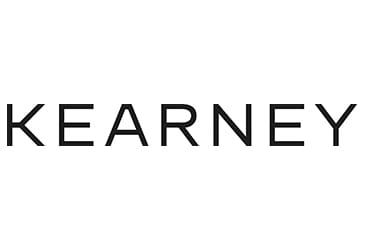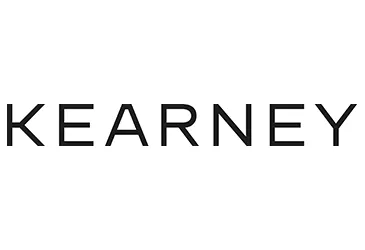CHICAGO – The Kearney Consumer Institute (KCI), an internal think tank of global strategy and management consultancy Kearney, today released its inaugural Consumer Stress Index. The new Index provides a fresh lens through which to view consumer sentiment, through a unique combination of macroeconomic data—on topics ranging from finances to global conflict to healthcare—and consumer input. In doing so, the Kearney Consumer Stress Index seeks to better understand consumer needs and behaviors, identifying new patterns and spend implications.

“In the past few years, consumers have repeatedly been labeled ‘unpredictable,’ particularly as it relates to the disconnect between consumer sentiment data and actual spending patterns,” notes KCI lead Katie Thomas, who led the study. “In responding to surveys, consumers are prone to say one thing and then act very differently. In developing the Consumer Stress Index, the Kearney Consumer Institute set out to get a broader and more nuanced look at stress as a factor in consumer behavior.”
The Consumer Stress Index extends beyond the wallet, surveying 24,000 consumers in 12 countries about how stressed they feel with respect to five pillars:
- Consumer wallet and finances
- Health and education
- Geopolitics and government
- Food and the environment
- Innovation and technology
“The Index establishes a fresh way to look at consumer sentiment by combining this consumer input with a carefully curated blend of macroeconomic data,” notes Thomas. It augments traditional analyses with two key measures: 1) consumer flexibility—consumers’ optionality, agency, and ability to respond to critical stress triggers, and 2) consumer sensitivity—consumers’ top-of-mindness on macroeconomic factors that are currently weighing on their psyche.
“On a practical level, the Index allows us to move past the what, the kind of data point analysis that measures responses to one question, to the so what that reveals how consumers navigate their daily lives, balancing stressors and making trade-offs, and how that, in turn, helps understand their buying behaviors,” said Thomas. “There are plenty of studies that show us what economists think about consumers, but our Index tells us what consumers think about economics, as well as the other macro factors causing stress in their daily lives.”
The initial baseline report surfaced some interesting conclusions. For example, while stressors associated with the “consumer wallet” pillar were most frequently cited, 70 percent of respondents did not list that as their primary concern.
“This is our inaugural study,” Thomas notes, “but as our data bank grows over time, we believe the idea of measuring how consumers react to stress—combined with macroeconomic data—will become an invaluable tool in helping all interested in consumers to adopt ‘consumer-first’ thinking in their own businesses.”









